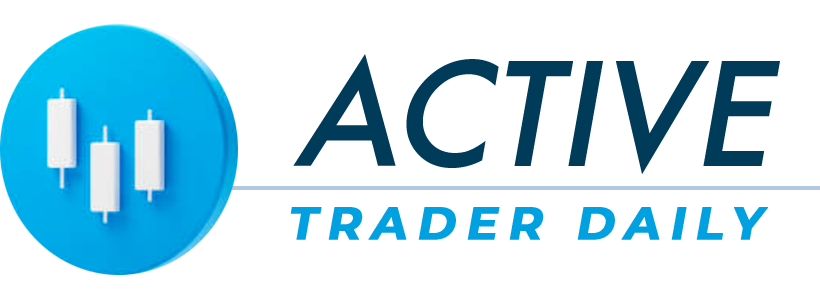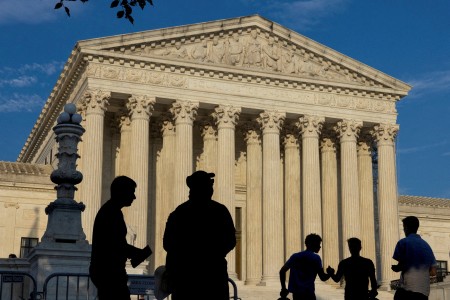By Jack Queen
(Reuters) – The U.S. Supreme Court’s ruling on Monday that Donald Trump cannot be prosecuted for his official acts as president plunges a major criminal case against him into doubt and all but assures he will not face trial before the Nov. 5 election.
Here are some takeaways from the decision:
PRESIDENTS HAVE SOME IMMUNITY
In a 6-3 ruling split down ideological lines with the conservatives in the majority and the liberals dissenting, the Supreme Court decided that former presidents have full immunity from prosecution for actions that were within their constitutional powers as president, but not for private acts.
The trial judge, U.S. District Judge Tanya Chutkan, must now determine whether certain actions cited in the indictment were official or not, a process that could take months.
The ruling threw out a judicial decision rejecting Trump’s claim of immunity from federal criminal charges involving his efforts to overturn his 2020 election loss to Joe Biden.
The court appeared to define official actions broadly, saying presidents cannot carry out their duties effectively with the threat of potential prosecution hanging over every decision. A former president has “at least a presumptive immunity” for “acts within the outer perimeter of his official responsibility,” the court wrote.
The court’s three liberals dissented, saying the ruling gives presidents free rein to break the law if their actions can be cloaked as official duties.
TRIAL BEFORE ELECTION HIGHLY UNLIKELY
The ruling greatly reduces the odds of a jury deciding Trump’s guilt or innocence on the election subversion charges pursued by Special Counsel Jack Smith before the Nov. 5 election, when he is set for a rematch with Biden.
Under the ruling, its appears that a chunk of the special counsel’s case will be thrown out. That includes anything arising from Trump’s discussion with U.S. Justice Department officials about investigating potential voter fraud, which the ruling declared were official actions for which he cannot be prosecuted. Trump has made false claims of widespread voting fraud in the 2020 election.
PROSECUTORS FACE FRESH HURDLES
The ruling is a major blow for prosecutors, who now face the burden of proving that Trump’s actions were not official acts. Doing so may take months of evidentiary hearings and court rulings that could further narrow the case.
The decision also limits the evidence prosecutors can use to charge Trump for actions that were clearly not official. Under the ruling, any evidence related to official actions for which Trump is immune cannot be used as evidence of another crime.
LIBERAL JUSTICES ‘FEAR FOR OUR DEMOCRACY’
The court’s three liberal justices said the ruling gives presidents permission to use their official powers to break the law for any purpose.
In a written dissent, Justice Sonia Sotomayor said that under the interpretation presented in the ruling, a president could not be prosecuted for organizing a military coup, taking bribes or even ordering the assassination of a political rival.
“Never in the history of our republic has a president had reason to believe that he would be immune from criminal prosecution if he used the trappings of his office to violate the criminal law. … With fear for our democracy, I dissent,” Sotomayor said.
(Reporting by Jack Queen; Editing by Will Dunham and Noeleen Walder)













